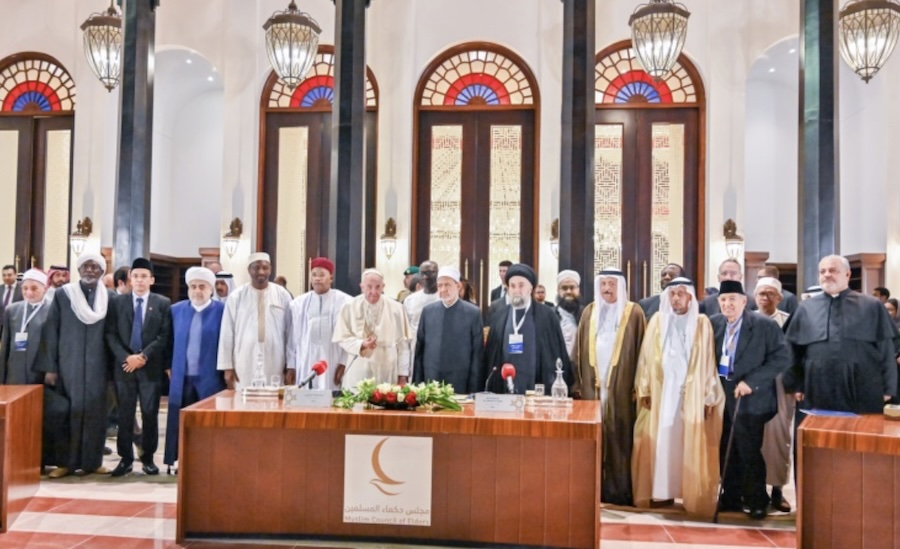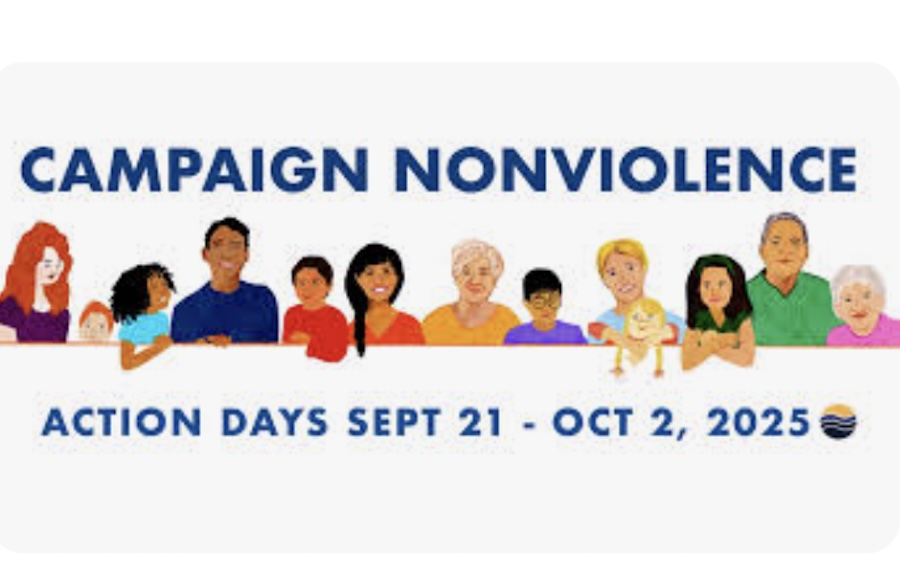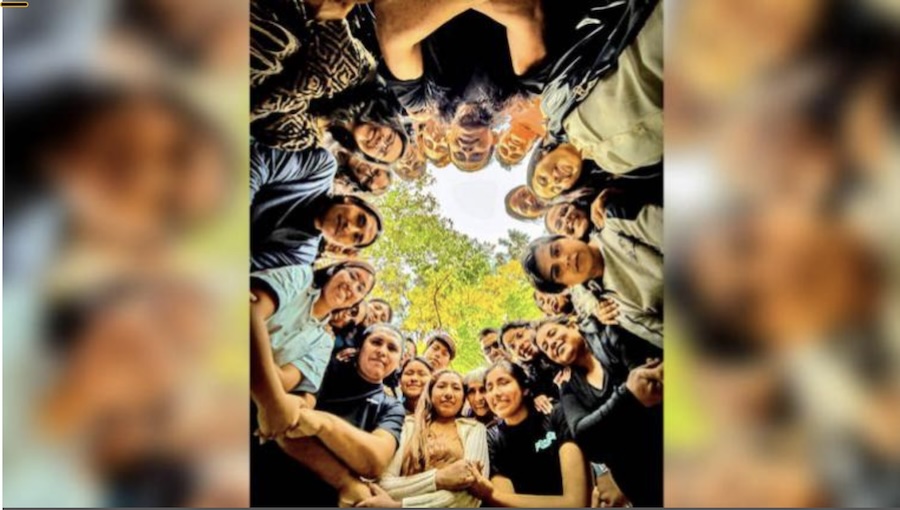FREE FLOW OF INFORMATION .
An article from blog of Mazin Qumsiyeh
The Gaza littoral – a narrow coastal corridor between Asqalan (Ashkelon) in the north and Rafah at the Egyptian border – occupies a strategic position on the coastal axis linking Africa and Western Asia (the Levant) and is often referred to historically as the Via Maris. Its geography made it a repeated meeting place for goods, peoples, and ideas and explains why archaeological and textual records show continuous human activity from the Chalcolithic/Early Bronze periods onward (de Miroschedji et al.; Tell es-Sakan excavations). This study synthesizes major published finds and contemporary reporting to outline Gaza’s long-term contributions to Mediterranean and Near Eastern civilization. In the 1947 UN Partition plan, the strip was much larger than it is now (and being demolished). Estimates of 200,000 to as many as half a million perished in the past two years of Israeli onslaught on that land (3/4 women and children, and most of the residents are refugees from the Nakba of 1948-1950).

A view of Tell es-Sakan
Recent archaeological work has shown that the Gaza littoral hosted urban settlements as early as 8,000 years ago. Excavations at Tell es-Sakan (discovered during construction work in 1998 and excavated by teams including de Miroschedji) reveal mud-brick urban deposits, storage contexts and evidence for a mixed agricultural-maritime economy during the Early Bronze Age. Such evidence indicates that Gaza’s coastal settlements were part of the emergent urban economies of southern Levant and were in contact with contemporaneous Egyptian administrative and economic activities. The Tell es-Sakan sequence places Gaza within the first waves of coastal urbanization in the eastern Mediterranean.
During the 2nd millennium BCE the Gaza littoral was integrated into the Canaanite network and repeatedly intersected with Egyptian imperial interests. Archaeological assemblages (imported pottery, architecture and small finds) and Egyptian texts show that southern Levantine coastal sites functioned as waystations and focal points for goods moving between the Nile, the Levantine interior and the Mediterranean. Excavation reports and regional syntheses emphasize Gaza’s position as part of coastal exchange networks during this period.
The Iron Age coastal transformation included the arrival (or intensification) of Aegean-influenced material culture in the southern Levant — the so-called Philistine phenomenon — of which Gaza was one of the principal polities in the Philistine pentapolis (Gaza, Ashkelon, Ashdod, Ekron, Gath). Philistine pottery styles, new craft traditions and evidence for specialized workshops and maritime activities attest to cultural fusion between local Canaanite traditions and incoming Aegean elements. Although modern development has limited large-scale excavation directly inside some parts of Gaza City, comparative work from neighboring coastal sites and site surveys indicates Gaza’s role within this dynamic maritime and craft network.
From the Persian through the Hellenistic and Roman periods Gaza sustained major port facilities and urban morphology demonstrating integration into Mediterranean trade networks. Archaeologists have identified the ancient port installations often called Anthedon (sometimes identified with the Balakhiyya/Blakhiya/ Tell Iblakhiyya area north of Gaza) and Maiuma (the port quarter associated with Gaza) among the principal maritime facilities. Excavations and rescue archaeology, including Franco-Palestinian missions at Anthedon, and the 2023 discovery of a substantial Roman-era cemetery (with lead sarcophagi) near Jabaliya, testify to a complex, economically engaged society with elite burial practices and broad Mediterranean connections.
Byzantine churches (recorded on medieval maps such as the Madaba mosaic) and early Islamic administrative records show continuity of urban life and the adaptation of port and land networks and continued fluporsihing economy as well as peaceful coexistence of Christians and Muslims from 6th to 20th century AD. During the Mamluk periods coastal fortifications and administrative structures continued to emphasize the strategic importance of Gaza. Under Ottoman administration and into modernity Gaza functioned as a regional market center and waypoint for caravan and coastal traffic; travelers’ accounts and administrative records document a long continuity of agricultural production, market exchange, and civic life. Throughout its history this heroic strip of territory defeated mighty armies and inspired legendary victories while continuing to prosper [that is until this recent genocide which is not only unprecedented in the region but globally).
Recent decades have seen important archaeological discoveries (e.g., Tell es-Sakan publications, Anthedon excavations, the Roman-era Jabaliya cemetery) alongside increasing concern about threats to sites. Scholarly analyses and investigative reports emphasize the twin pressures of conflict, urban development, coastal erosion and inadequate heritage management on Gaza’s archaeological record. International teams and local scholars have collaborated in rescue excavations, but wartime destruction and damage to heritage structures have been reported (notably during the conflicts of 2023–2024), raising urgent ethical questions about documentation, local stewardship, and international responsibility for preservation and reconstruction.
Our own environmental studies in the area some using detailed satellite images/remote sensing show 1) rich biodiversity, 2) decimation of the tree cover and habitats (see Yin et al. 2025). Thus, there is devastation for both natural and cultural heritage of this rich area.
Gaza also enriched is with thousands of scholars and contributors to human civilization. Here are just a random selection
Silvanus of Gaza (d. ~311 CE) – Early Christian bishop of Gaza who was martyred during the Diocletian persecution. He is remembered as one of the earliest Christian leaders in the region.
(article continued in right column)
Question related to this article:
Presenting the Palestinian side of the Middle East, Is it important for a culture of peace?
(article continued from left column)
Aeneas of Gaza (~5th century) – Neo‑Platonic philosopher and Christian convert, associated with the Rhetorical School of Gaza. He wrote philosophical works that merged classical philosophy with Christian thought.
Dorotheus of Gaza (~500–560/580) – Monk and ascetic teacher near Gaza, author of spiritual discourses that influenced early Christian monasticism and ethical thought.
Sulayman al-Ghazzi (c. 940–1027) – A Christian bishop and poet in Fatimid Palestine, Sulayman al-Ghazzi was the first known Arab Christian poet to write religious verse in Arabic. His diwan (poetic anthology) offers insights into Christian life during the era of caliph al-Hakim.
Ibn Qudama (1147–1223) – A prominent Hanbali jurist and theologian, Ibn Qudama was born in Gaza and is renowned for his works on Islamic jurisprudence, including al-Mughni, a comprehensive legal encyclopedia.
Abu Bakr al-Nabulsi – A 17th-century Islamic scholar from Gaza, al-Nabulsi was known for his contributions to Islamic jurisprudence and theology, particularly within the Shafi’i school of thought.
Shady Alsuleiman – A contemporary Islamic scholar and imam, Alsuleiman is recognized for his work in Islamic education and community leadership, focusing on promoting understanding of Islamic teachings in modern contexts.
Ayman Hassouna – A Palestinian archaeologist and university lecturer, Hassouna has worked extensively on excavations in Gaza, including the Byzantine Church of Jabalia, contributing significantly to the understanding of Gaza’s ancient history.
Sufian Tayeh (1971–2023) – A physicist and educator, Tayeh served as the president of the Islamic University of Gaza. He was known for his work in physics and applied mathematics and was tragically killed in an Israeli airstrike in December 2023.
Mohammad Assaf (b. 1992) – Singer from the Gaza Strip who gained fame by winning Arab Idol, becoming a symbol of hope and cultural pride for Palestinians.
Dr. Refaat Alareer (1979–2023) – A Renaissance scholar from Gaza, Alareer was a professor and writer who contributed to academic and cultural discourse. He was killed during the 2023 conflict, leaving a legacy of intellectual engagement.
Conclusion: Early urbanization and administrative activities in Gaza contributed to the regional network of production, storage, and exchange that underpinned complex societies in the Near East. Acting as a coastal conduit, Gaza facilitated the transmission of commodities and material culture between Egypt and the broader Levantine-Mediterranean economy. Port infrastructure, long-distance maritime commerce, specialized fisheries and the movement of Mediterranean goods and ideas through Gaza contributed directly to the economic vitality and cultural pluralism of the region. Technological and stylistic exchange (ceramics, metallurgy, textile production, and ship-related crafts) that flowed through the Gaza littoral influenced craft traditions across the southern Levant and beyond.The Gaza littoral’s long-term contributions to civilization are best understood as a combination of (1) geographical advantage (coastal route and hinterland productivity), (2) sustained maritime and land exchange networks that carried goods and ideas, (3) local craft and agricultural production that fed regional markets, and (4) repeated cultural contact zones that produced hybrid forms of material culture and religious life. Gaza’s sustained role as a market, agricultural supplier, and transport hub helped to link inland and coastal economies for centuries, transmitting crops, commodities and cultural practices. This was an essential contribution to circum-Mediterranean coastal communities and over 30 countries have direct connections to Gaza. Gaza’s archaeological record informs broader historical narratives of Mediterranean connectivity. Preserving that record is necessary for reconstructing local histories that feed into global understandings of ancient economies, religions, and technologies and is an essential component of knowledge to shape a peaceful future that is not repeatedly marred by genocides and holocausts (due to colonialism, imperialism).
References
Al-Houdalieh, S. H., et al. (2024). Heritage and Conflict in Gaza [report/PDF]. (ResearchGate summary).
Andreou, G. M. (2024). Establishing a baseline for the study of maritime cultural … International Journal of Nautical Archaeology (summary online).
Forensic Architecture. (2022). Living Archaeology in Gaza. Forensic Architecture. Retrieved from Forensic Architecture website.
International news report: Associated Press. (2023, September 24). Archaeologists unearth the largest cemetery ever discovered in Gaza and find rare lead sarcophagi. AP News.
The Guardian. (2025, March 17). Gaza’s heritage sites destroyed by war. The Guardian. (reporting on 2023–2024 damage and restoration efforts).
UNESCO World Heritage Centre. (n.d.). Anthedon Harbour / Blakhiyya (tentative listing and site information). UNESCO Tentative Lists.
Wikipedia contributors. (n.d.). Tell es-Sakan; Anthedon; Maiuma. Wikipedia. (Used as quick references to excavation histories and site identifications — consult field reports and excavation monographs for primary data).
Yin, H., Eklund, L., Habash, D., Qumsiyeh, M. B., & Van Den Hoek, J. (2025). Evaluating war-induced damage to agricultural land in the Gaza Strip since October 2023 using PlanetScope and SkySat imagery. Science of Remote Sensing. Vol. 11: Article 100199
– – – – – –
If you wish to make a comment on this article, you may write to coordinator@cpnn-world.org with the title “Comment on (name of article)” and we will put your comment on line. Because of the flood of spam, we have discontinued the direct application of comments.









